Tariq Ramadan, the grandson of the founder of the Muslim Brotherhood and a well-known figure in the Islamic world, has been convicted of the rape and sexual coercion of a woman in a Geneva hotel, after a court overturned an earlier acquittal. Professor Ramadan has been jailed for three years, two suspended, over the 2008 incident.
The verdict marks a remarkable fall from grace for Ramadan, who was raised in exile in Switzerland, and skillfully navigated the Francophone, English and Arabic speaking worlds as an academic, campaigner and theologian. His father, Said Ramadan, was central to the Muslim Brotherhood’s development in Europe.
While Ramadan was convicted in a court in Switzerland, the repercussions of his downfall will be felt elsewhere. Ramadan’s X account currently gives his location as the United Kingdom and contains the description “Emeritus Professor of Contemporary Islamic Studies at the University of Oxford.” He boasts a following of 721,000, numbers that many politicians or religious leaders could only dream of.
For a period, especially following 7/7, Ramadan was a poster boy for those in authority in this country who sought an Islam that the West could not only do business with, but more importantly feel comfortable about. Bright-eyed, handsome and articulate, Ramadan proved to be a very successful salesman, with audiences as diverse as the Metropolitan Police through to the leftist European Social Forum.
Ramadan’s talk of reform, a European Islam and apparent doubt about Islamic hudood punishments (these include amputation, stoning and flogging) were music to the ears of his audience. In his memoir, the former Head of Scotland Yard’s Muslim Contact Unit, Bob Lambert, thanks Ramadan in the acknowledgments. In 2008, Ramadan addressed the “Countering Insurgency and Terrorism” conference, jointly organized by the Swedish National Defense College and UK Defense Academy.
To his critics, Ramadan was instead guilty of “doublespeak” — saying one thing to western audiences, and another to Islamic audiences. Appointed to the UK Home Office’s “Preventing Extremism together” task force in the wake of the 7/7 bombings in 2005, Ramadan would condemn violence, but not the Salafist ideology from which it has often emerged. That such beliefs are a rival to liberal democracy, and that giving them a leg-up may be a bad idea, seemed to be overlooked by many in power.
In 2014, Professor Ramadan sat on Baroness Warsi’s Foreign Office Advisory Group on freedom of religion or belief. Such commitments did not prevent Ramadan moving in elite circles in areas hardly known for such freedoms, most notably the Gulf. The post he formerly held at Oxford is officially known as the His Highness Sheikh Hamad Bin Khalifa Al Thani Professor in Contemporary Islamic Studies, and is made possible by a benefaction by the Qatar Foundation, running into the millions.
Despite the seriousness of the accusations against him, Ramadan’s status ensured lofty support. In 2017, when accusations about Ramadan first emerged in France, concerns that they were motivated by his status as a “prominent Muslim” ensured that the University of Oxford allowed him to continue teaching for three weeks, before granting a leave of absence. Eugene Rogan, Director of Oxford’s Middle East Center stated:
It’s not just about sexual violence. For some students it’s just another way for Europeans to gang up against a prominent Muslim intellectual. We must protect Muslim students who believe and trust in him, and protect that trust.
Here an element of snobbery also emerges; it is hard to imagine a university porter being given leave of absence, or attracting academic supporters, in such circumstances. In 2018, when Ramadan was remanded in custody in France, Muslim lobbyists MEND referred to a “weak accusation” and demanded his release on health and human rights grounds.
By 2020, Ramadan had been released but remained indicted, prompting dozens of academics, politicians and activists to denounce the French legal system in a round-robin letter. Their number included high-profile broadcasters and the great and the good from the Islamic world.
Their letter asked: “Is there one form of justice for Muslims in France and another for everyone else?” In June 2024, a French court decided charges against Ramadan could proceed. As due process has now been followed in Switzerland, a period of reflection should follow. Activists who promoted Professor Ramadan, and his supporters in the fields of counter-extremism, policing and academia have plenty to think about.
This article was originally published on The Spectator’s UK website.



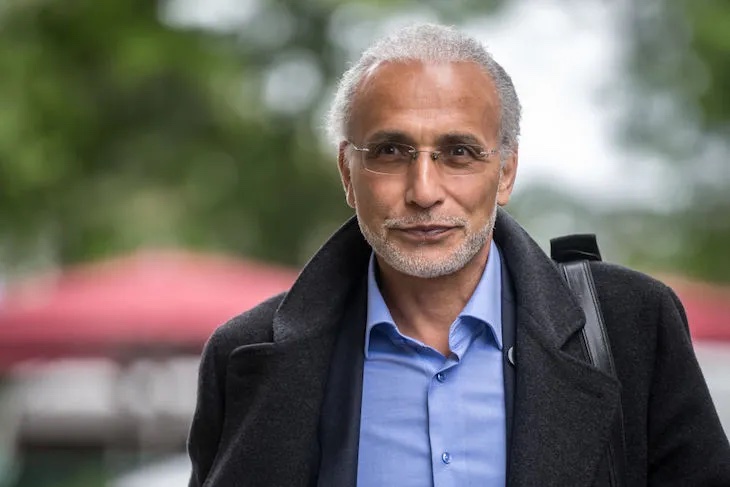






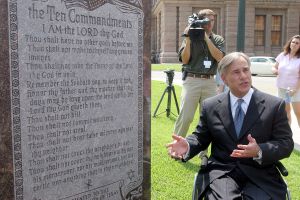

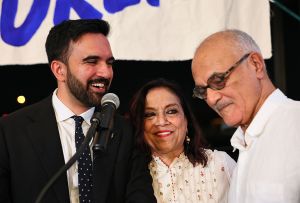
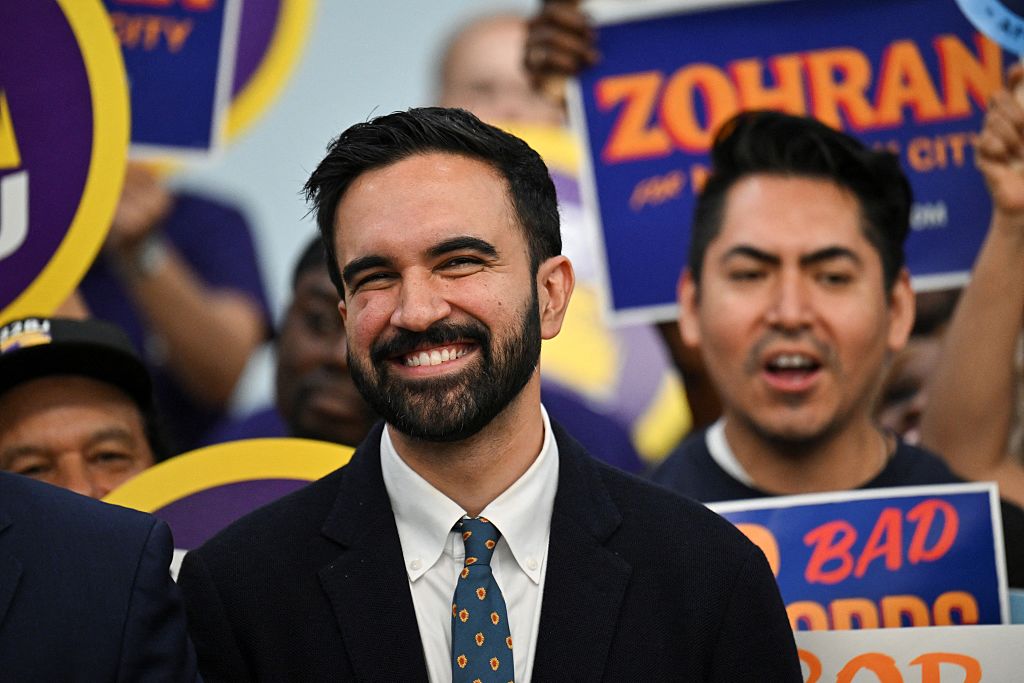
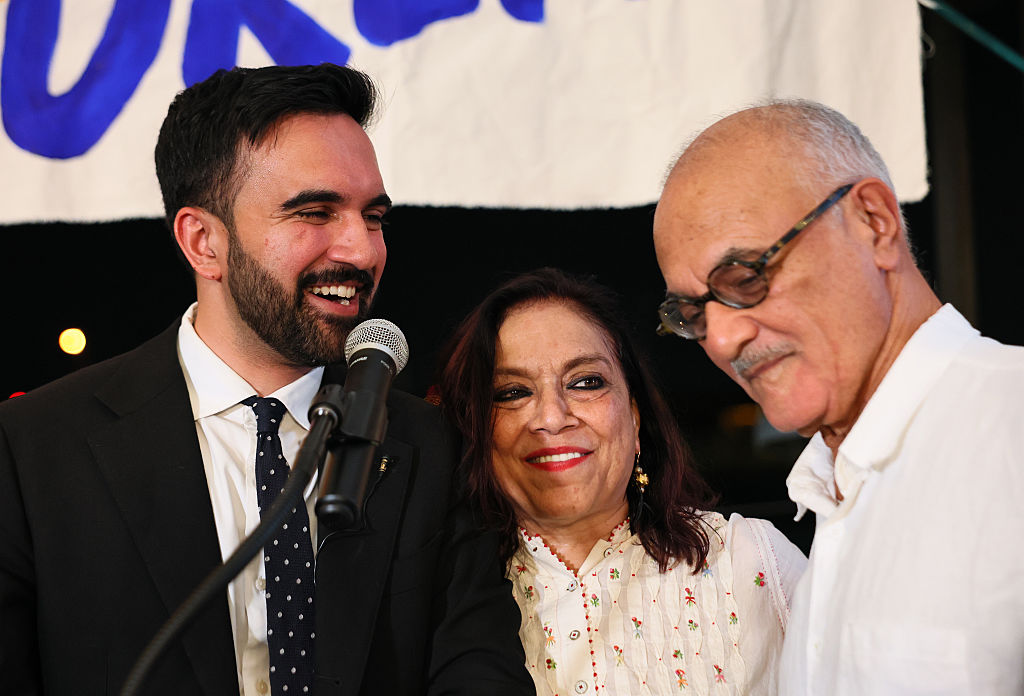
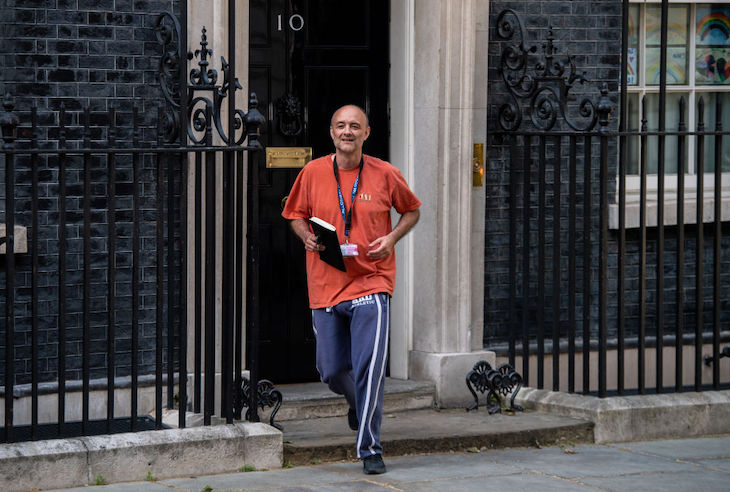

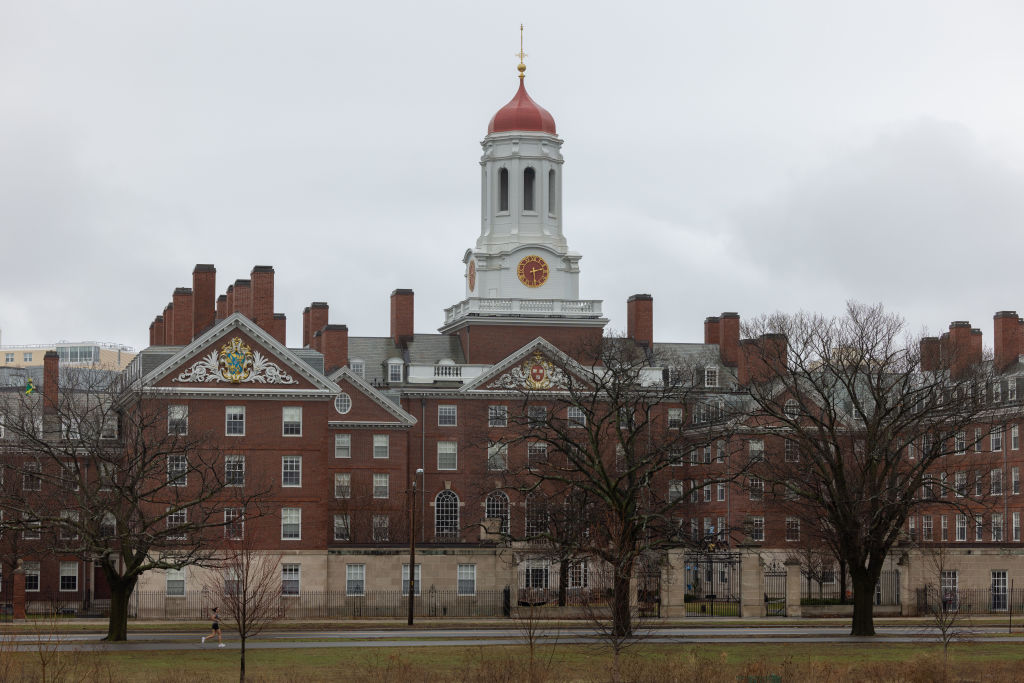
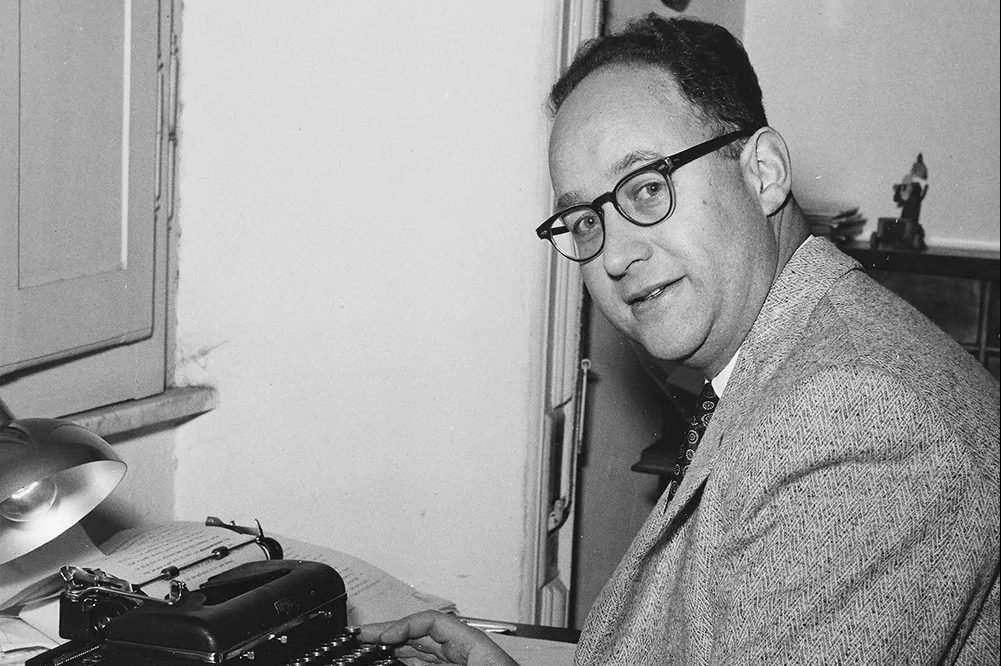







Leave a Reply